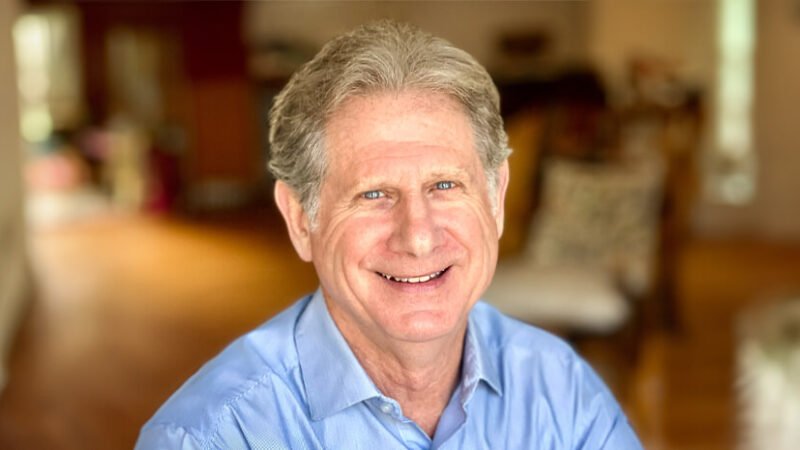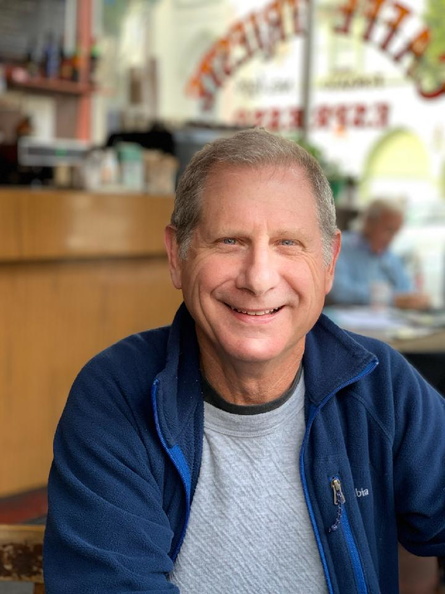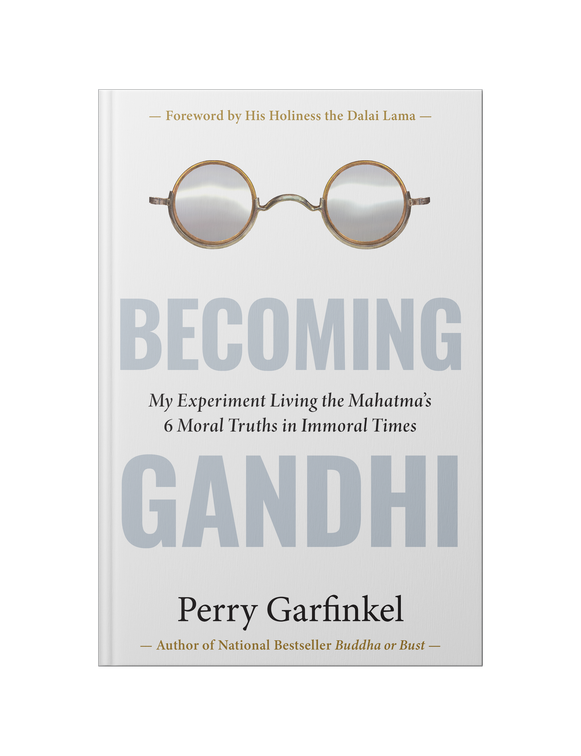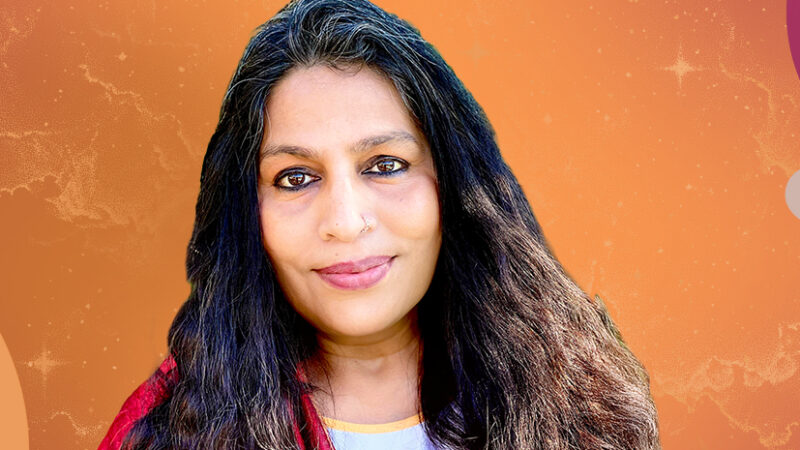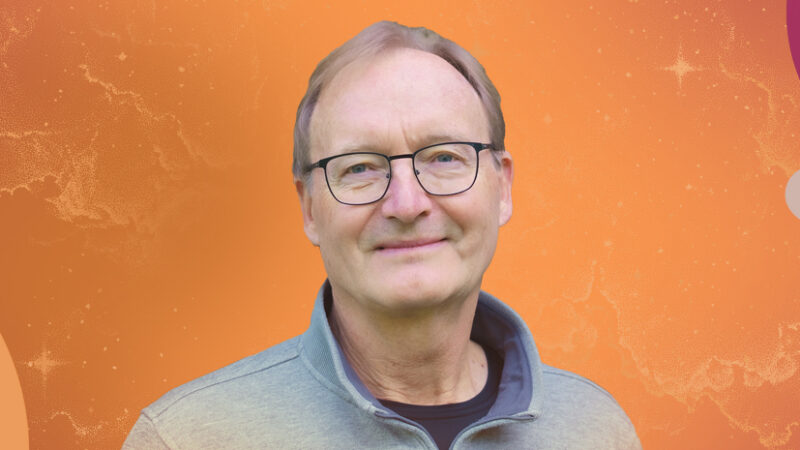Excerpted from Becoming Gandhi: My Experiment Living the Mahatma’s 6 Moral Truths in Immoral Times by Perry Garfinkel.
Let the Journey Begin
By reading this preface, you have just joined what will hopefully be the experiment of a lifetime that will change both of our lives.
Let me set the ground rules, parameters, frameworks, timelines, caveats, excuses, permissions, and other details that will help you navigate your way—if not to be Gandhi, then to become a person who leads a more ethical, principled, spiritually and morally based, truth-full life.
As you will read in chapter 1, I first thought to undertake this effort more than a decade ago. It took me another twelve years to build up the confidence, belief in my commitment, and, frankly, the funding to actually begin this arduous journey, both inner and outer, including travel to three countries plus my own US. Little did I know how much it would change me, how many miles I would travel, how many inspirational people I would meet, and how many disappointments I would encounter, both in the world and in myself.
I began to take it seriously in the summer of 2019. That was when I started finding and contacting knowledgeable sources in each country. As a dogged reporter who prides himself in finding the email and phone number for anyone anywhere in the world, that deep dive, which necessarily required a lot of reading and googling, was a relatively easy and very enjoyable and informative exercise. You may also want to research anything additional to what I write here and experiment with your own ways to follow the six principles. I can’t speak for Gandhi, but you have my wholehearted permission and encouragement to think outside the box and off this page.
The Big Goal here was to see if, in the face of a sociocultural climate that appears bereft of moral integrity, one could follow Gandhi’s moral compass, on the one hand, and on the other, to travel to countries where he spent considerable time to see how much had changed in the years since he left them. In other words, did he leave an enduring footprint that others followed or were Gandhi’s tracks swept away and forgotten by time and human nature? In these times of questionable ethical values, of increased violence and rampant lying, I was prepared to admit such evidence might be hard to find. In fact, one too-current example of the failure of the nonviolent movement, which was one of Gandhi’s primary pillars, is occurring as I’m writing this: CNN is reporting that thirty-nine mass shootings have taken place in the United States in the first three weeks of 2023 alone, killing more than sixty people, per the Gun Violence Archives.
I knew the hard part of this goal would be living these principles day in and day out on a personal level. There would be a lot of inner work, mental adjustments, a veritable paradigmatic shift of attitude. I would have to change my mind in the most fundamental ways. Change my habits, modes of thinking, daily actions.
The ground rules were simple: try to rigorously follow the six principles on a daily basis, keeping them in mind through the day, whether hanging out with friends and family, alone in my apartment, or out there in the world. But also to give myself some slack. If I “fell off the wagon,” I would forgive myself quickly and get right back on it. The latter would happen with frequency, as you will read. But I realized very soon that once engaged in this experiment, even when I fell off, there would be no turning back. Once the veil is lifted, it’s hard not to see the world for what it is, and see yourself for who you are, who you are not, and who you aspire to be.
People started wondering how long this experiment would last and asking me when or if I would drop vegetarianism and return to eating meat as soon as it ended. I had planned to dedicate one full year to this project. It expanded to some eighteen months of strict adherence
to all of the principles, and even some that Gandhi didn’t consider in the course of things. I admit I slacked after that but, as I said, once you know which way the compass is pointing, you can’t completely turn back; you always return to your true north. You find the balance that suits you best, or at least better than before you started.
I frame this journey and this book around the six principles. Some sources list up to eleven Gandhi principles. I chose only six; already you can call me lazy.
Truth. In practice, truth is simply telling the truth, but Gandhi meant it to mean more. He said, “God is Truth,” later changing it to “Truth is God.” He coined the term satyagraha—loosely translated as “insistence on and holding firm to truth”—as a form of nonviolent resistance. I take this on, first focusing on practicing truth in thoughts, words, and actions, with particular attention to lies I tell myself. I look at how society views truth now.
Nonviolence. Although Gandhi was not the originator of nonviolence, he was the first to apply it as a strategy to move the dial in the direction of justice, as a peaceful weapon to protest social wrongdoings. His motto: “An eye for an eye makes the whole world blind.” Taking it from the political to the personal, I look at how we all act out psychological violence—in passive-aggressive behaviors, in road rage, in clenched jaws, in couched (and not-so-couched) language—that sabotages our best interests. I myself am guilty: I was once a featured guest on The Phil Donahue Show, speaking about my own passive-aggressive behavior in my previous marriage.
Vegetarianism. Vegetarianism is deeply ingrained in Hindu and Jain traditions, the setting in which Gandhi was raised. In his London years as a law student, he embraced it more seriously to not only satisfy the requirements of the body and his religious beliefs but also to save money by not buying expensive meats. His book The Moral Basis of Vegetarianism, along with articles he wrote for the London Vegetarian Society’s publication, became my personal diet book. I was a meat-and-potatoes kind of kid, just like my father. I became a macrobiotic many years ago, had defaulted to meat in recent years, but an Ayurvedic diet I went on last fall convinced me I need to clean up my eating habits. Don’t we all?
Simplicity. Giving up unnecessary spending is the simple maxim Gandhi had in mind, and because this concept flies in the face of conspicuous consumers on spending sprees in shopping malls, it also has ramifications for our gluttonous nature, which thinks that more of anything automatically provides more satisfaction. But Gandhi also had a political motive in his so-called Swadeshi movement: by making their own clothes using a spinning wheel (charkha), Indians would deal an economic blow to the British establishment in India. These days consumers boycott various brands and stores to protest their company policy, a Gandhian spin. The contemporary “voluntary simplicity movement” draws directly from this Gandhian principle. I will closely examine my spending patterns and make budget slashes. Gandhi called it “reducing himself to zero.”
Faith. Gandhi meant belief in a higher power, no matter what religion. He wrote, “Mine is a broad faith which does not oppose Christians . . . not even the most fanatical Mussalman. I refuse to abuse a man for his fanatical deeds, because I try to see them from his point of view.” It’s the ability to see things from the point of view of someone from another faith that tests the faith of mankind. How are we doing with that? Not so good. The majority of wars in the world are religious wars. My challenge will be to find some balance between my practice of Buddhism, the religion of no God, and Judaism, the religion that invented the One God. I will test the boundaries of my acceptance of faiths I don’t believe in.
Celibacy. Called brahmacharya in Hindi, sexual abstinence was a spiritual path to achieving purity, according to Gandhi, who took the vow of chastity at the age of thirty-eight. Some people question whether Gandhi himself actually adhered to this, with stories and allegations he slept next to teenage girls to test his restraint. Celibacy is not for everyone. Is it for me? I will endeavor to find out, keeping copious notes on my fallings in and out. With my luck, the woman of my dreams will walk into my life and fall in love with me. What will I do . . . or, more precisely, not do?
I never intended this book to be categorized in the how-to or self help genre. I think or hope you can help yourself without my telling you how. Nonetheless, as I made my way around the world, around my mind, and finally around this book, I realized it would be helpful to at least sum up each chapter with what I learned, some tips for your (and my own) benefit. I call these end-of-chapter sections “How to Gandhi.”
With these guidelines and to-dos and with no further ado, here we go. Next stop: becoming the change.




